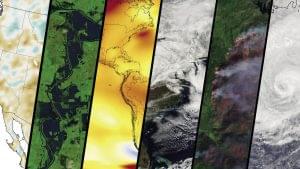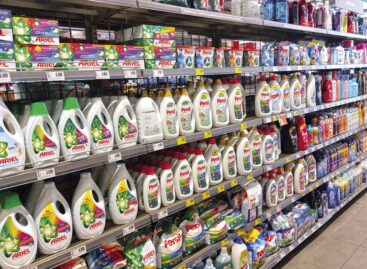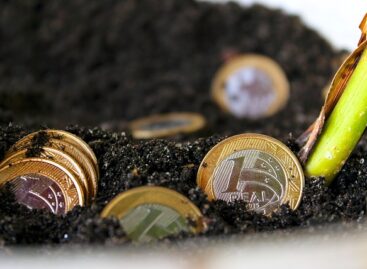How much does 1.5°C matter?
According to an article published by Pénzcentrum, our lives could change completely in just four years if the temperature increases by 1.5°C. Researchers at Met Office say the probability of this is currently 20 percent. It is interesting that in certain parts of the world the warming will be bigger than in other places. For instance, in the Arctic, the temperature is going to rise twice as fast as the global average this year. The experts also forecast that there will be more storms in the next five years in Western Europe, because of the rising sea level.
Plastic seedlings
Agrárszektor reported on the results of a recent research, according to which plants are capable of ‘eating’ plastic waste, as the smallest plastic fragments can enter their roots from the soil; because of this the plant can’t absorb enough water from the soil. Researchers say it can cause further problems that plastics are able to change the genetic structure of plants. However, the latter finding requires more analysis. Still, these results are worrying since humans are eating plants. It must also be noted that the laboratory conditions made it possible to learn about the direct impact of nanoplastics on plants, but plants in nature and the plastics they encounter behave differently, as airborne microplastics or those in the soil aren’t as pure as the ones the team worked with. //
Unilever steps up the fight against climate change
Unilever has announced new measures and made new pledges in the battle against climate change, in order to protect the environment and to preserve natural resources for future generations. Until 2039 Unilever wants to achieve net-zero emission with every product. Unilever’s brands are going to invest EUR 1 billion in the newly established Climate & Nature Fund. //
Let’s make the relaunch of the economy climate-friendly!
In a joint statement, 155 global corporations called on the world’s governments to harmonise their post-pandemic economic recovery programmes with the latest climate science results. Mars also joined the biggest such initiative so far, which is also backed by the UN. The statement urges a relaunch of the economy that involves future investment in a low CO2 emission production. //
Tub-format Magnum comes in recycled plastic packaging
After last year’s tests, this year more than 7 million tub-format Magnum ice creams will appear on the shelves of European stores that are marketed in packaging made of recycled plastic. This move forms part of Unilever’s global pledge to reduce plastic packaging use by more than 100,000 tons until 2025, plus to halve virgin plastic use and speed up the utilisation of recycled plastics – informed Julien Barraux, Magnum’s global brand vice president. The new product is likely to make its Hungarian debut in the first half of 2021.
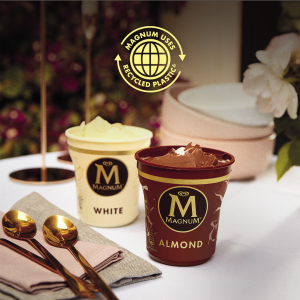
//
Value made from discarded material

Marianna Pinczés
managing director
Grapoila
When we established the company, our mission was to turn discarded material into something valuable, e.g. from grape marks thrown away by winemakers we make cold-pressed oil, ground grape skins, gluten-free grape seed oil and a natural beauty product range that contains grape seed oil, thanks to the ZERO WASTE technology. Currently, we produce award-winning oils from 18 different seeds and all by-products are used as raw material for food or cosmetics products. //
One million kWh with solar panels
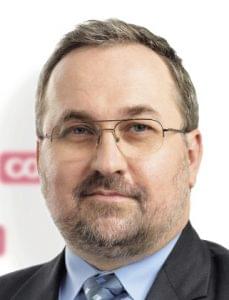
Géza Tóth
CEO
Co-op Hungary
Coop is a retail chain that is present with 2,300 shops in 1,500 towns and villages. Coop has been running an environmental protection and energy consciousness programme for years. One of their main projects is building solar panel systems and by the end of the year, more than 100 Coop stores will have one of these. As a result of the programme, Coop will produce 2 percent of the electricity they utilise themselves. Together with the solar panel systems of Unió Coop Zrt. and Észak-Kelet Pro-Coop Zrt., Coop produces 1 million kWh of electricity a year. //
Related news
Unilever and Google Cloud Partner to Pioneer Next Generation of Consumer Goods Technologies
🎧 Hallgasd a cikket: Lejátszás Szünet Folytatás Leállítás Nyelv: Auto…
Read more >Related news
The Hungarian Food Book is 50 years old
🎧 Hallgasd a cikket: Lejátszás Szünet Folytatás Leállítás Nyelv: Auto…
Read more >

